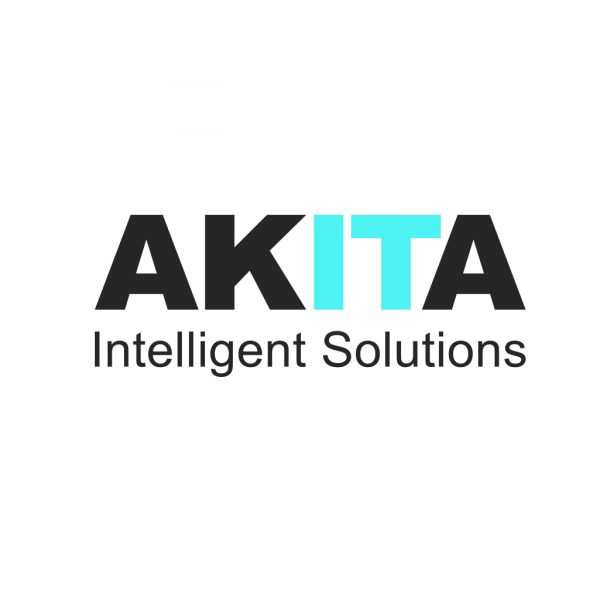When it comes to business operations, data integrity and confidentiality is of paramount importance. And of all systems, your ERP system should be the most secure.
Microsoft's Business Central offers a sophisticated, multi-layered data security setup, which provides unparalleled protection for your organisation's sensitive information. Below, we outline the layers of Business Central's data security framework to understand its advantages as an ERP system.
Business Central Data Security
Business Central’s initial layer of defence is database security. It provides rigorous authentication of user credentials through a prescribed user ID and password. This authentication process extends to SQL Server validation, with access to the database denied without a valid SQL Server login.
Once authenticated, Business Central’s database security evaluates the user's permissions concerning various objects within the database (such as tables). The user's database user account will then control object-level permissions and any supplementary privileges associated with database alteration. So
Company-level Security
Once inside a database, users can only access certain companies they have permission for. This is where company-level security comes in: Business Central can have different companies in one database, each with its own stuff. Permission sets can help control who can go into which company. These sets let administrators say who can use which companies, making sure users only go where they're supposed to.
Object-level Security
At the core of Business Central's security architecture is object-level security. This encompasses an extensive range of entities, including tables, pages, reports, codeunits, XMLports, queries, and system tables. This layer offers comprehensive control over permissions for each object, enabling precise determination of user capabilities: read-only, add data, modifying records, or executing specific processes. Permission sets serve as the cornerstone of this security tier. Users can utilise predefined security permission sets or craft bespoke sets tailored to address the distinctive requisites of their business operations.
Record-level Security
For even further data security, Business Central has record-level protection. This functionality supports granular control over user access to individual records within a table. By configuring security filters, administrators can limit access based on specified criteria. For instance, access may be restricted to records relating to a specific customer, thereby enhancing data confidentiality. SQL Server administers these security filters, which impose minimal performance overhead unless they operate in a "Validated" mode, in which each record is examined against the filter expression.
Advanced ERP Protection With Business Central Data Security
In summary, Business Central's data security mechanism provides a comprehensive solution to protect your organisation's data. By implementing rigorous access controls at the database, company, object, and record levels, Business Central can ensure the confidentiality and integrity of your data.
In a world of ever-present risk of data breaches and security vulnerabilities, Business Central's robust data security features offer indispensable protection, offering reassurance and guarding your business against potential threats.
For more about the benefits of Business Central for data security please get in touch:





